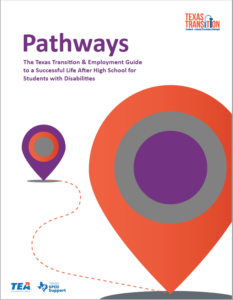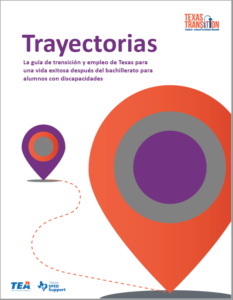Transition services and activities must be included in the development of an IEP no later than the first IEP to be in effect when the student turns 14, or younger if determined appropriate by the IEP Team, and must include appropriate measurable post-secondary goals based upon age appropriate transition assessments related to training, education, employment, and where appropriate, independent living skills.
Transition services and activities (including courses of study) needed to assist the student in reaching post-secondary goals must be based on the individual student’s needs, strengths, preferences, and interests and must include instruction, related services, community experiences, employment and other post-school adult living objectives, and if appropriate, acquisition of daily living skills and functional vocational evaluation.
A student with a disability must be invited to attend their IEP meeting whenever post-secondary goals and transition services are considered. Upon reaching the age of majority (age 18 in Texas), the parental rights transfer to the adult student. With the consent of the parent or adult student, a representative of any participating agency that is likely to be responsible for providing or paying for transition services must also be invited to attend the IEP meeting.
Finally, prior to graduation from secondary school, the student must be provided with a summary of academic achievement and functional performance, including recommendations for assistance the student may need to meet their post-secondary goals.
More information about the transition from secondary school settings to post-school settings (including: adult life, continuing education or employment), is available in this Pathways Guide:
Additional resources about secondary transition and post-school results are available from the Texas Education Agency’s Texas SPED Support website at https://spedsupport.tea.texas.gov/




